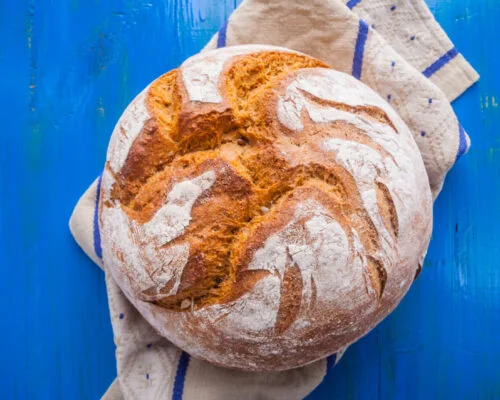Long-term stress is harmful to more than just our emotional well-being; as we all know it’s harmful to our physical health, too. According to the National Institute of Mental Health, the strain of continual stress on your body can contribute to conditions like heart disease, high blood pressure, diabetes, depression, and anxiety. The sad, simple truth is that stress weakens our immune system which can lead to some larger and serious health issues.
So, what can we do to reduce stress, rebuild immunity, and prevent serious illness at one of the most stressful times in recent history? How can we protect our minds and bodies?
Promising research reveals that mindfulness can reduce stress and anxiety. By definition, “mindfulness is the basic human ability to be fully present, aware of where we are and what we’re doing, and not overly reactive or overwhelmed by what’s going on around us.” And, I can personally account for its effectiveness.
My Journey From Max Stress to Mindfulness
Back in 2006, the wrong words kept coming out of my mouth, and after some research, I feared I might have a brain tumor. I’d say “captino” instead of “cappuccino,” “maginal” instead of “magical,” “bunkey burvey” instead of “topsy turvy.”
I went to a neurologist fearing the worst. After a thorough exam, the doctor asked me about my life—what my days consisted of, my family constellation, my schedule and volunteer work. I was a typical baby boomer, sandwiched between three adolescent kids (including identical twin daughters) and aging parents. He asked me whether I had ever heard of Mindfulness-Based Stress Reduction (MBSR). I hadn’t. He suggested that mindfulness training was what I needed in order to improve my health.
So, I embarked on an MBSR journey, which is an eight-week program that involves training in mindfulness meditation and yoga. Developed by Dr. Jon Kabat-Zinn in the 1970s, its purpose is to address the “unconscious thoughts, feelings, and behaviors believed to increase stress and undermine your health.”
That was fourteen years ago, and I can absolutely tell you that mindfulness saved my life.
If you’re feeling that strain of continual stress and looking for a tangible practice that’s easy to follow, mindfulness is worth your time to explore (and may just prevent some serious future illnesses). Try these tips, then dig deeper. The power to transform your life into a less stressful, more joyful experience is right at your fingertips.
Below are some tips to get you started that anyone can use to reduce stress and stop overtaxing the immune system.
5 MINDFUL PRACTICES YOU CAN TRY TODAY
Make time for joy
Create a “joy list” and commit to choosing one or two things from it to do each day. To make the list, just let your mind wander for a few minutes with a pen and paper and watch the list grow. Don’t forget to add all life’s little joys, like a warm cup of tea or a bath. Then, when you pick something to bring joy to your day, do so with mindfulness; really feel the good feelings. Take a few breaths to absorb them and enrich the resulting positive mental state. This allows you to push the mental state to a neural state, making a happy bridge in your brain and building your resilience.
Relax with a mindfulness meditation
Start with 12 minutes twice a day—20 minutes if you can make time. Look for guided meditations on Insight Timer or my free Balanced Mind with Julie Potiker podcast on iTunes. Mix it up so that your mind is relaxing into the practice.
Name it to tame it
Identify what you’re feeling and where it is occurring in your body. For example, “I feel stressed; my neck is tightening up.” This practice allows you to use mindfulness to step into awareness and out of the intensity of the emotional state.
Ground yourself through the soles of your feet
Put your feet on the ground and send your attention down to the soles of your feet. How do they feel? Are you in socks and shoes? Barefoot? Cold or warm? Moist or dry? The act of doing this breaks the spiraling of thoughts and emotions.
Practice mindful eating
Be the observer and pay mindful attention to the way you prepare, serve, and eat your food. Slice and dice mindfully; focus on how you put your fork to your mouth; taste and chew thinking of all the flavors. It’s also lovely to consider the source of the particular food—where and how it was grown, the farmers who produced it, and the people who allowed you to enjoy your meal. That naturally leads to a moment of gratitude.
When you notice your attention being diverted to worrying about what might happen or ruminating on the latest upsetting news story, gently bring your attention back to the food. If you can keep your attention here, even for two or three minutes, you will be giving your brain a much needed break from stress—while simultaneously encouraging healthy eating practices!
(photo credit: Shutterstock)






























